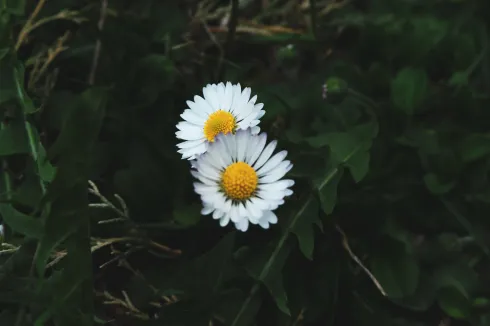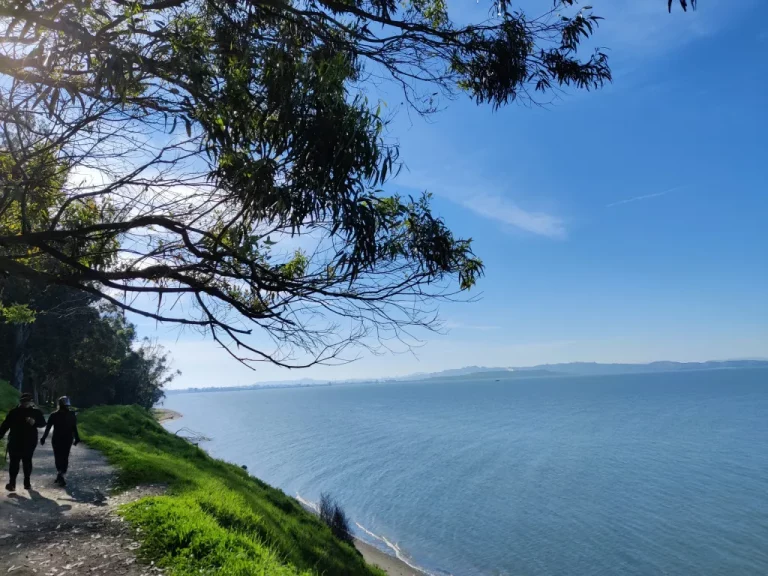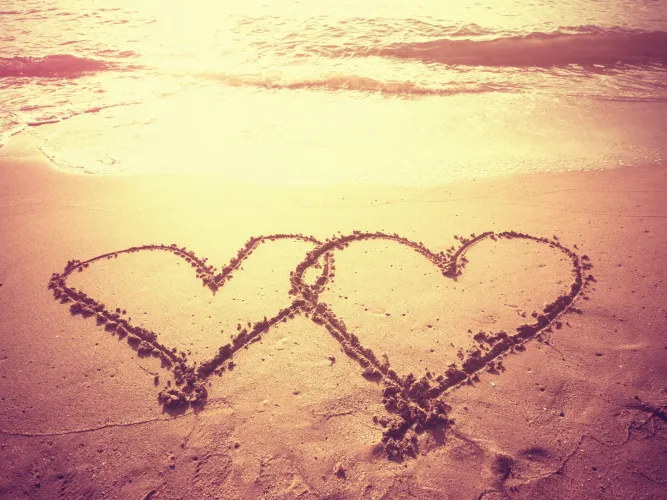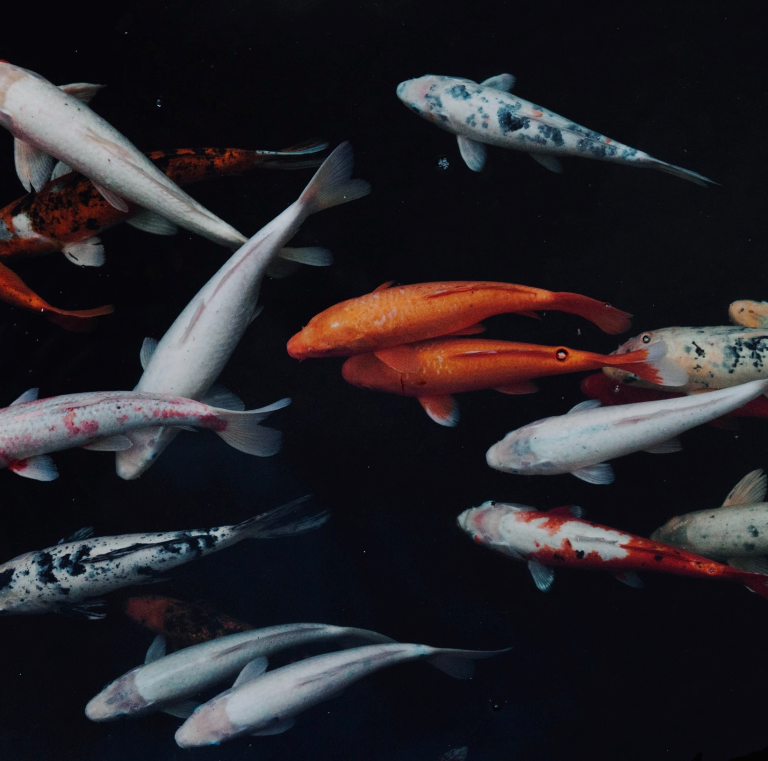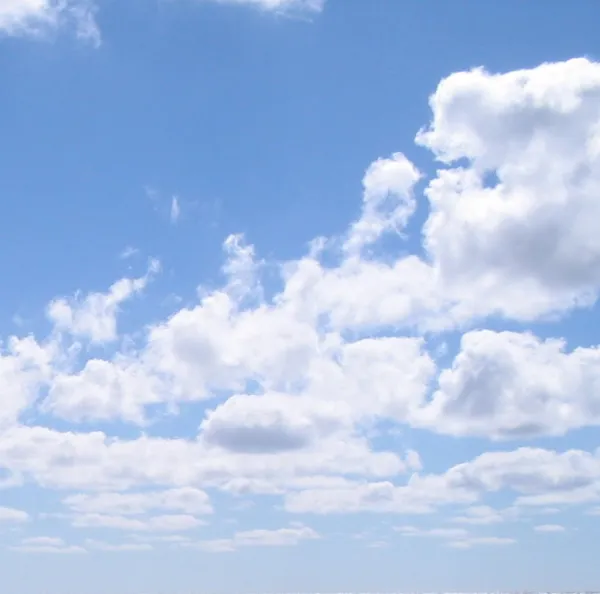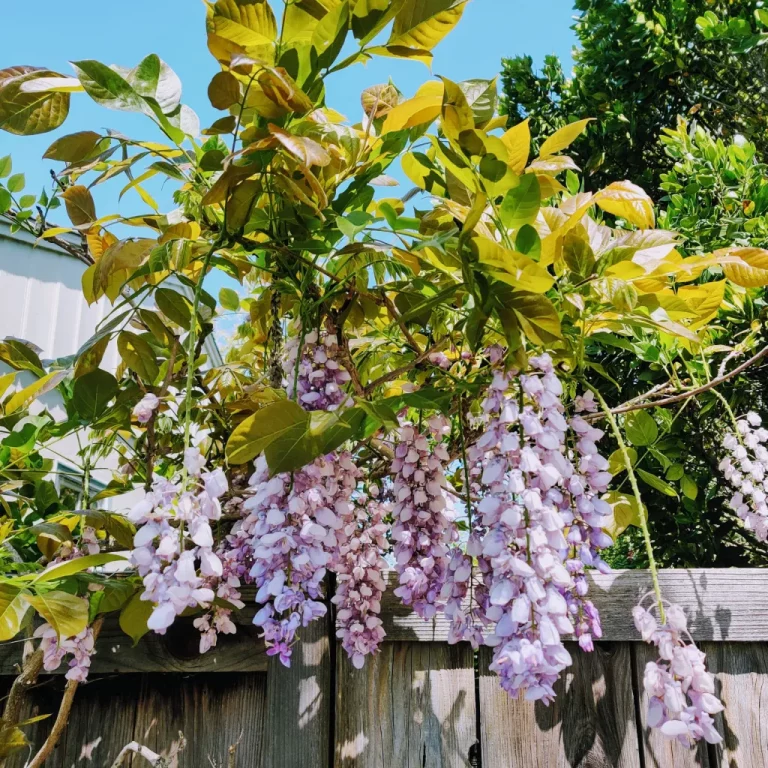I thought alcoholism no longer played a part in my life
I grew up the angry son of an alcoholic mother and a rigidly controlling father. Later I went through a fair amount of therapy and by my forties I figured I was over the worst of the emotional triggering. I went to Al-Anon meetings for about 10 years but without really committing–a comfortable and familiar pattern for me.
“I came to understand that my trust in nothing and no one, my righteous arrogance, my belief that I had to force change or be a victim… were right out of the alcoholic family playbook.”
My wife of 40 years and I share a tremendous love and respect. But for years she struggled with “something wrong” that no professional seemed able to help her with, and I became increasingly intolerant of what I deemed her excessive health and safety concerns. Only last year she discovered she had obsessive compulsive disorder. Then the pandemic threw my wife into a crisis and I got serious about Al-Anon.
I’d thought alcoholism no longer played an active part in my life, but now I see I’d been playing the same game with a different compulsion. This past year I have been using the Al-Anon book Courage to Change as a lifeline, amazed at how perfectly replacing the word “alcohol” with “OCD” works.
I came to understand that my trust in nothing and no one, my righteous arrogance, my belief that I had to force change or be a victim (or escape by dissipation or dissociation) were right out of the alcoholic family playbook. I had to sit with the grief of lost years and learn to let go of guilt. I want to be more compassionate with my wife, but I need to also be compassionate with myself.
Now I’ve begun working the steps with an Al-Anon sponsor, taking service roles and speaking aloud in meetings, despite the deep family injunction to keep secrets secret. I hope and believe that I can change, one day at a time.
by Steve, Richmond CA


